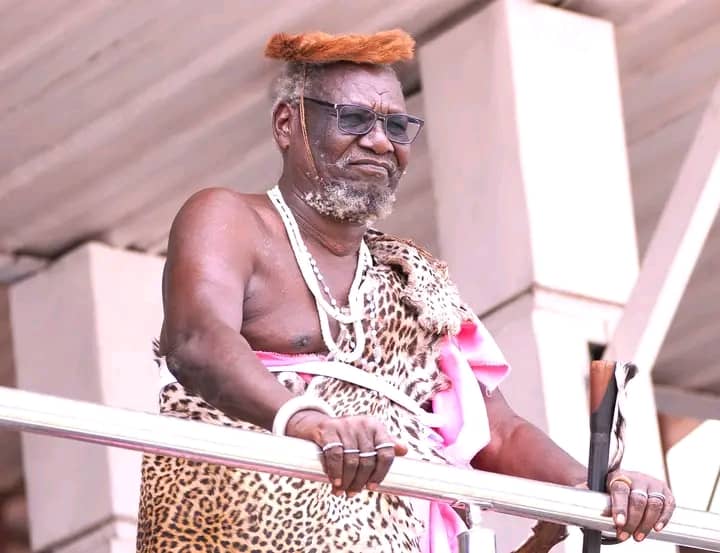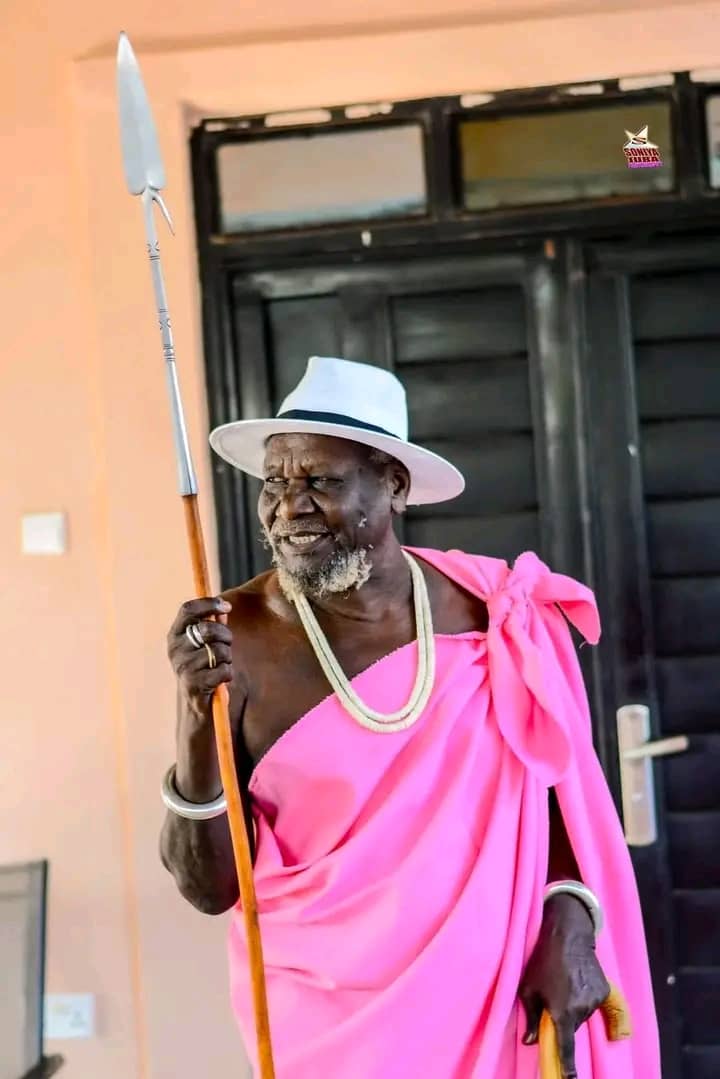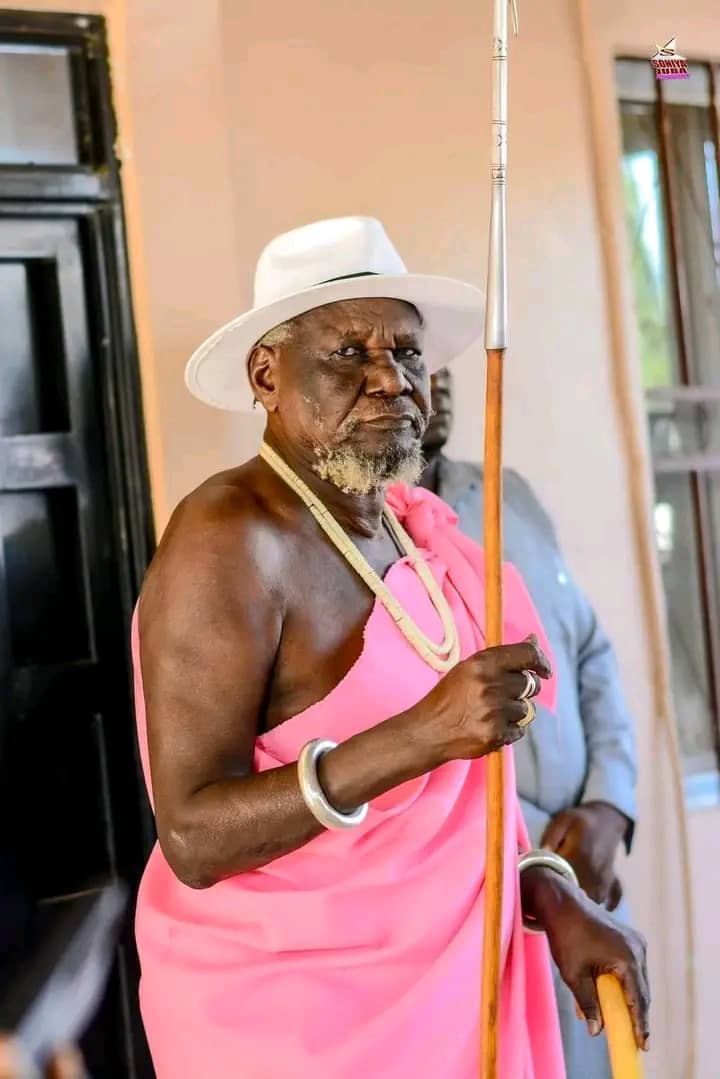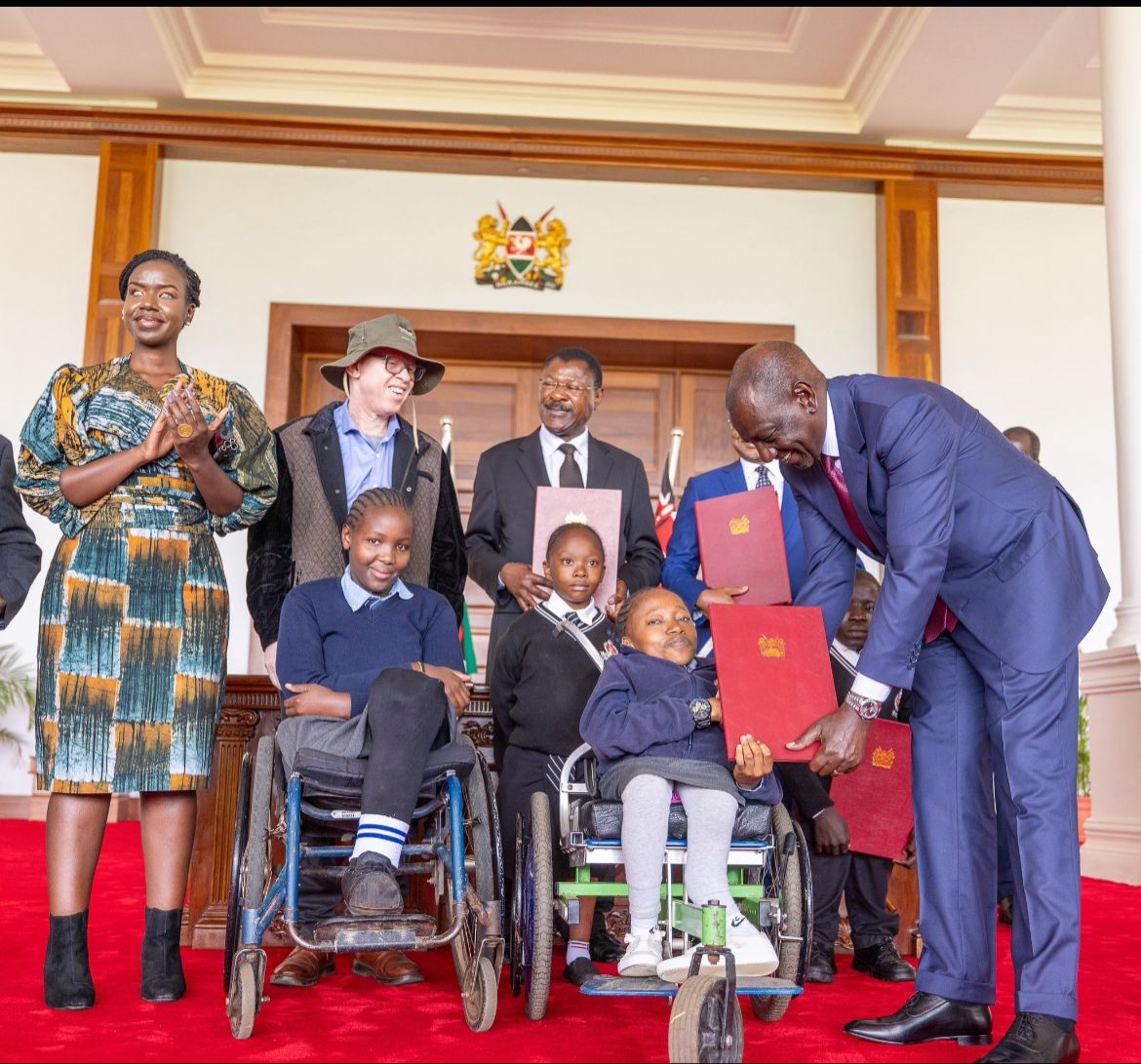Chollo king Bans Expensive Weddings And Henna Parties To Preserve Cultural Values

Debora Akur Chol, South Sudan
In an unprecedented move to preserve the cultural integrity of the Chollo kingdom, the Chollo king, His Majesty Reth Kwongo Padiet, has officially announced a ban on extravagant weddings and henna parties.
The decision, made public earlier this week, has sparked widespread discussion on African heritage TV. Many hail it as a bold step toward protecting traditions, while others argue that it infringes on personal freedoms.
The Shilluk community, known for its rich cultural heritage and deep-rooted traditions, has seen a significant shift in social practices in recent years.
Influenced by global trends and the growing influence of social media, weddings and henna parties in the region have increasingly become lavish affairs, marked by expensive attire, lavish feasts, and costly entertainment for African culture people.
His Majesty Reth Kwongo Padiet, a respected figure among the Shilluk people, believes that these extravagant celebrations have diverted attention from the community’s core values and contributed to rising financial burdens on families.
“Shilluk culture has always emphasised simplicity, respect, and the strengthening of family bonds,” His Majesty Reth Kwongo said during a community meeting.

“The current trend of expensive weddings and henna parties not only strains the resources of our people, but also distorts the true essence of our traditions.
“We must return to our roots and preserve the values that have sustained us for centuries,” he added.
The new ban, effective immediately, will limit weddings to more modest celebrations, focusing on the traditional customs of African people and their culture, family involvement, and community support.
The once-popular henna parties, which often involved significant financial outlays for decorations, food, and entertainment, will also be phased out in favor of simpler, cultural rituals.
The move has sparked mixed reactions.
Proponents argue that the decision will help reduce the financial strain on families and promote a return to the deep cultural practices that have long defined the Chollo people.
“It’s a step in the right direction,” said one of the youths from the Cholla Kingdom on African Heritage TV.
“Weddings and henna parties should reflect our history and not be a competition for wealth and materialism. By focusing on what truly matters, family, unity, and respect, we can create a stronger community,” he said.
However, critics of the ban who spoke to African Culture TV believe it could stifle personal expressions and infringe on individual freedom.
James Deng, a local businessman said: “A wedding is a personal celebration, and it’s up to the individuals involved to decide how they want to celebrate.
“While I understand the need to preserve culture, this kind of top-down imposition may not be the solution.”
The chief has acknowledged the challenges ahead, stating that his goal is not to outlaw celebration but rather to encourage a return to the values that have long been part of Shilluk identity.
Giving voice to the Chief,Barnabas Awow Chollo Paramount Chief in Juba emphasised: “We are not against, happiness or celebration, we are against practices that lead to financial stress and distract us from the true meaning of coming together as a community, and anyone who violates this ritual will face anathema under the royal decree.”
As the Shilluk people begin to adjust to this new cultural directive, many are reflecting on the broader implications of such cultural preservation efforts in a rapidly modernising world.

His Majesty Reth Kwongo, remains hopeful that his decision will be viewed as a catalyst for a more sustainable, culturally focused future.
The Chollo kingdom, also known as the Shilluk kingdom, is one of the oldest traditional kingdoms in South Sudan.
The current king, His Majesty the king of Chollo kingdom Reth Kwongo Dak Padiet, is the 34th king since the kingdom was established by Nyikango Akwara between 1545 and 1575 AD.
His Majesty, the heir of Kwango Reth Dak Padiet, was also known as a strong advocate for preserving the values and customs of the Shilluk people while adapting to the social and economic realities of modern life.
The Shilluk community will now navigate this new era, balancing modern aspirations with the timeless principles that have guided them for centuries.
categories
recent posts





